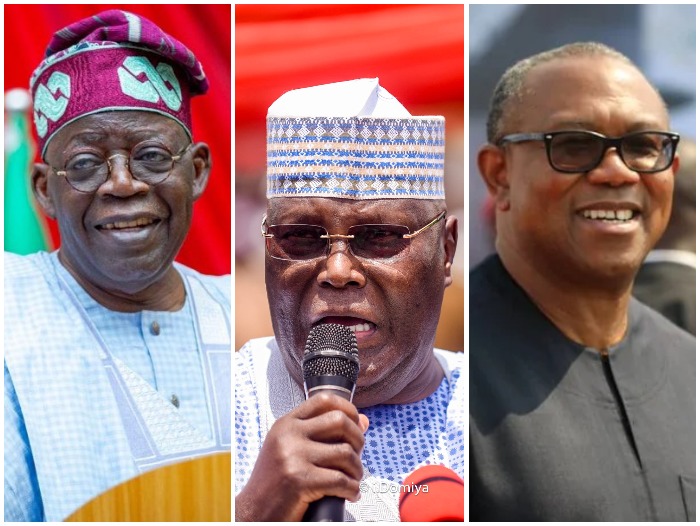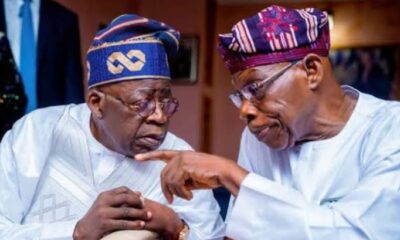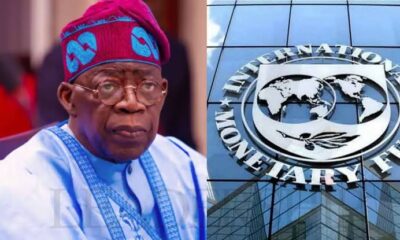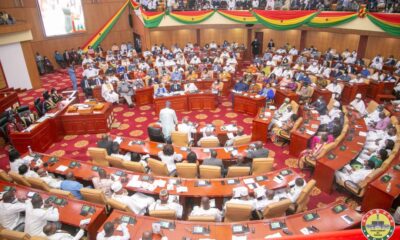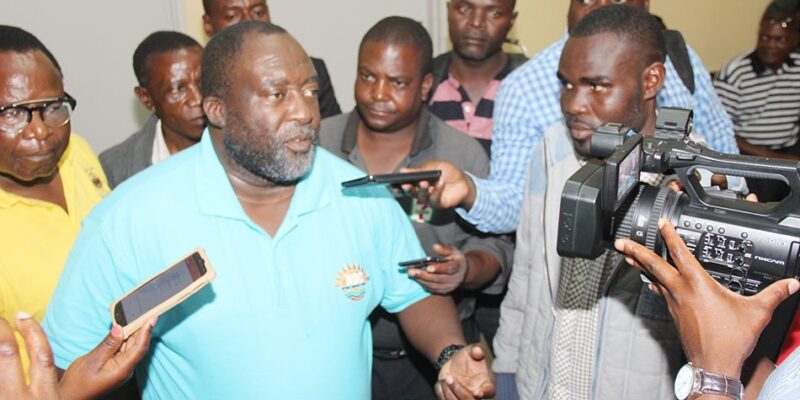The Nigerian Supreme Court will today, Monday, October 23 begin hearing of appeals filed by three opposition parties seeking to nullify the electoral victory of President Bola Tinubu in the February 25 presidential election.
The appeals were filed by the presidential candidates of the Peoples Democratic Party (PDP), Atiku Abubakar, and Peter Obi of the Labour Party (LP), as well as the Allied Peoples Movement (APM).
The Supreme Court had last week Thursday put the three parties on notice on the date it would begin hearing on the appeals filed by the opposition parties that were dissatisfied with the ruling at the Presidential Election Petitions Court (PEPC) and the verdict of the Appeal Court.
The contending parties, which faulted the verdicts, had filed motions at the Supreme Court on different grounds, all seeking to nullify Tinubu’s victory.
On his part, Atiku and the PDP are seeking the court’s permission to tender fresh evidence on Tinubu’s academic records which he obtained from the Chicago State University (CSU), which he claims showed that the documents the president submitted to the Independent National Electoral Commission (INEC) prior to the election were forged.
Atiku had also accused the PEPC of reaching a decision based on “gross misconstruction and misrepresentation of provisions of both the 1999 Constitution, as amended, and the Electoral Act, 2022.”
Atiku further argued that some of the “presiding officers that personally handled the BVAS machines at different polling units on the election day, had in their testimony before the PEPC, confirmed the non-transmission of results of the presidential election electronically from the BVAS machines, whereas results of the National Assembly election that held simultaneously, were electronically transmitted without difficulty.”
On his part, Obi had argued that the PEPC panel erred in law and thereby reached a wrong conclusion when it dismissed his petition.
He had accused the PEPC of wrongly evaluating the proof of evidence he tendered before it, arguing that it had “occassioned a grave miscarriage of justice” when it held that he did not specify polling units where irregularities occured during the election.
Obi faulted the PEPC for dismissing his case on the grounds that they did not specify the figures of votes or scores that were allegedly suppressed or inflated in favour of President Tinubu and the APC.
The APM’s appeal which is also seeking to nullify the election of Tinubu, was based on the APC fielding of Vice President Kashim Shettima as Tinubu’s running mate when he was not validly nominated by the party.
According to the APM, Tinubu had nominated a placeholder in the person of Ibrahim Masari, but he was not replaced within the 14 days stipulated by Section 33 of the Electoral Act.
APM had also argued that going by sections 131 and 142 (1) of the 1999 Constitution, as amended, the issues were “inextricably linked and neither can be confined as a pre-election matter, as these qualifications are condition precedents to being elected to the office of President.”
The party is, therefore, asking the Supreme Court to nullify and void all votes scored by APC in the presidential election, as well as directing INEC to return the second-highest score at the election as the winner of the presidential contest.

 Sports2 days ago
Sports2 days ago
 Metro2 days ago
Metro2 days ago
 Metro1 day ago
Metro1 day ago
 Culture2 days ago
Culture2 days ago
